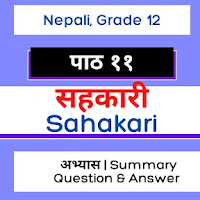Chapter 11: Sahakari
Cooperatives (Sahakari: in Nepali) are people-centered enterprises owned, controlled and operated to meet the common economic, social and cultural needs and aspirations of their members.

|
| Unit 11: Sahakari Class 12 Nepali |
Chapter 12 Nepali Guide: Sahakari Exercise, Question Answer Solution guide, with Summary.
Sahakari Exercise
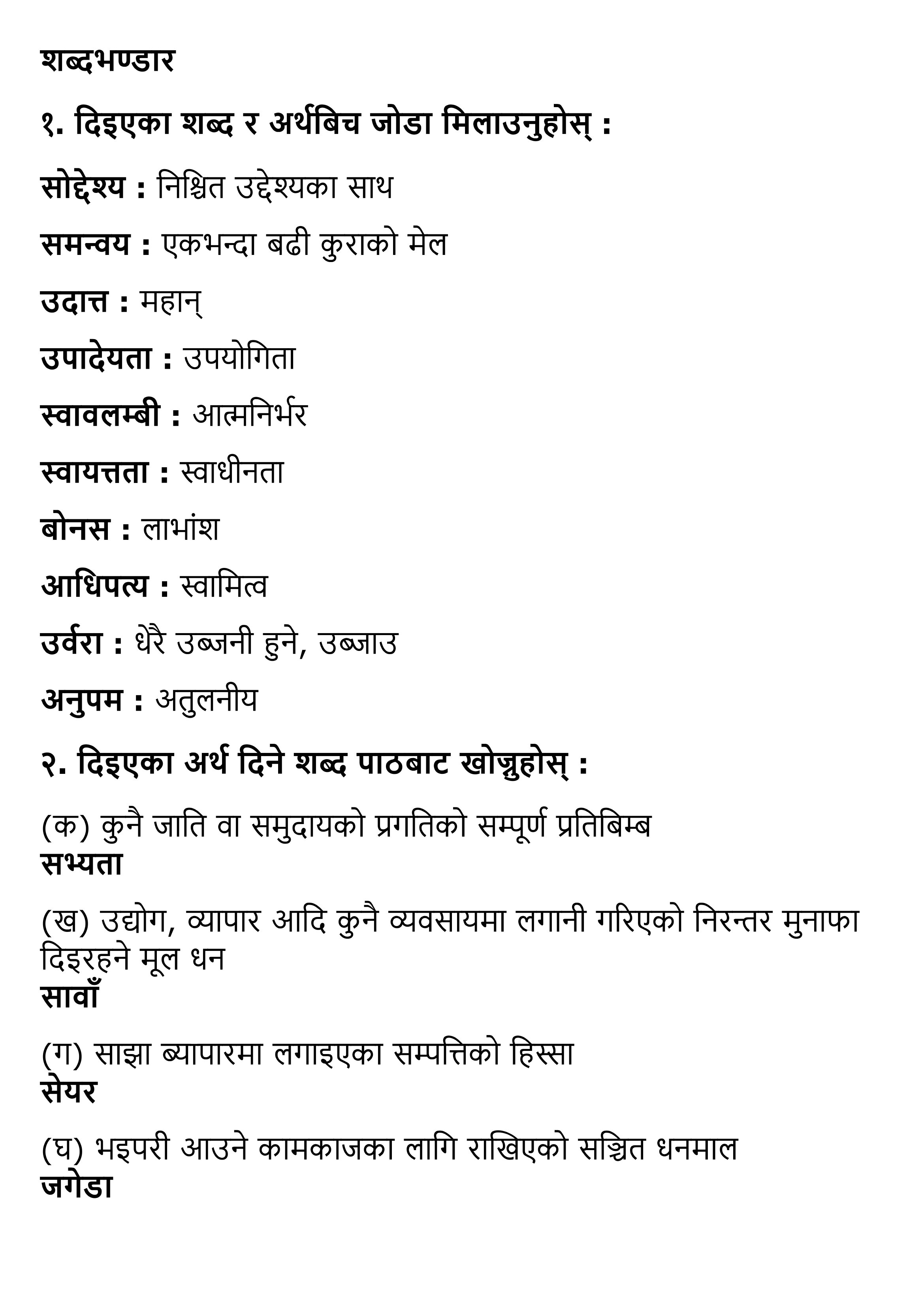
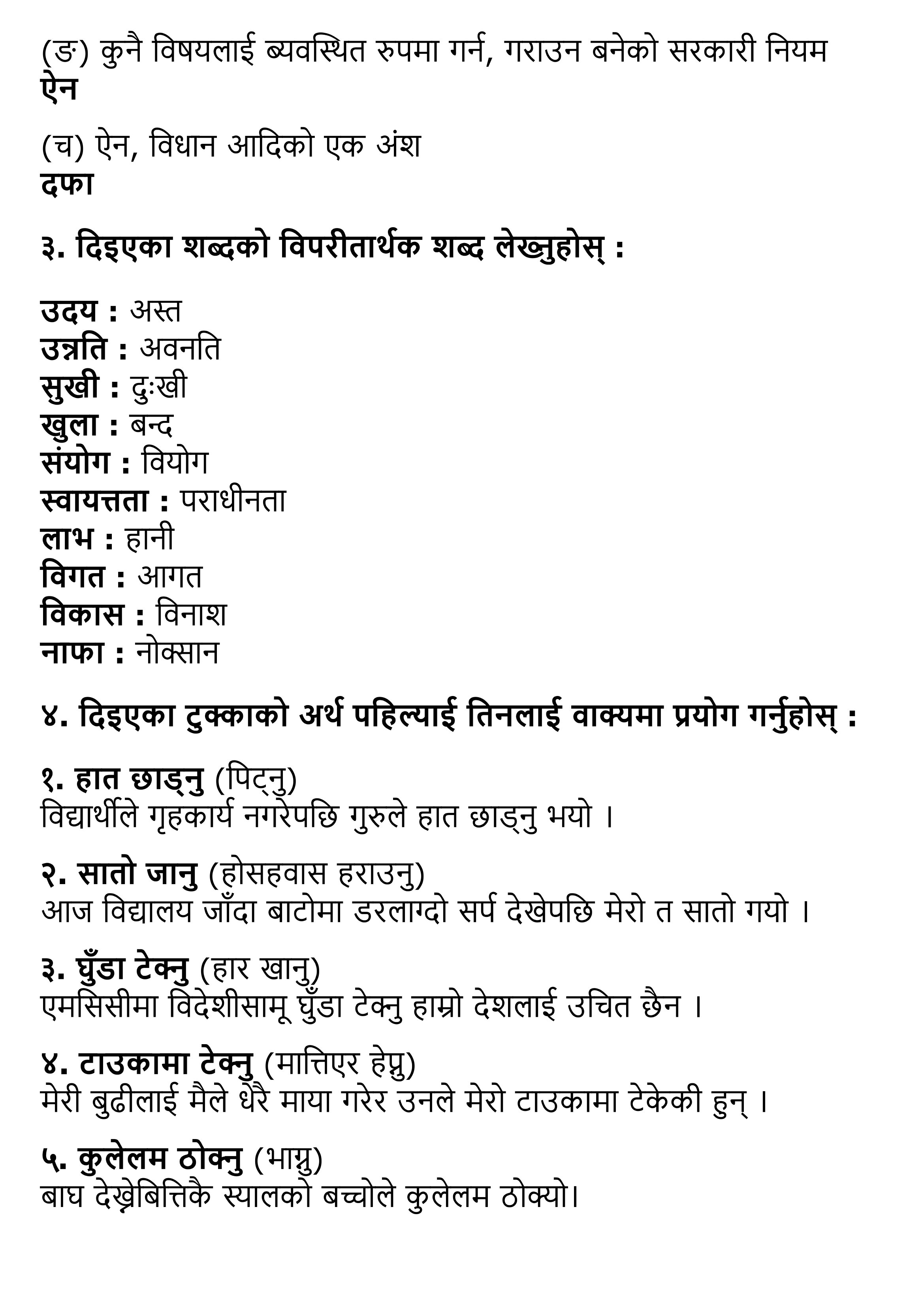
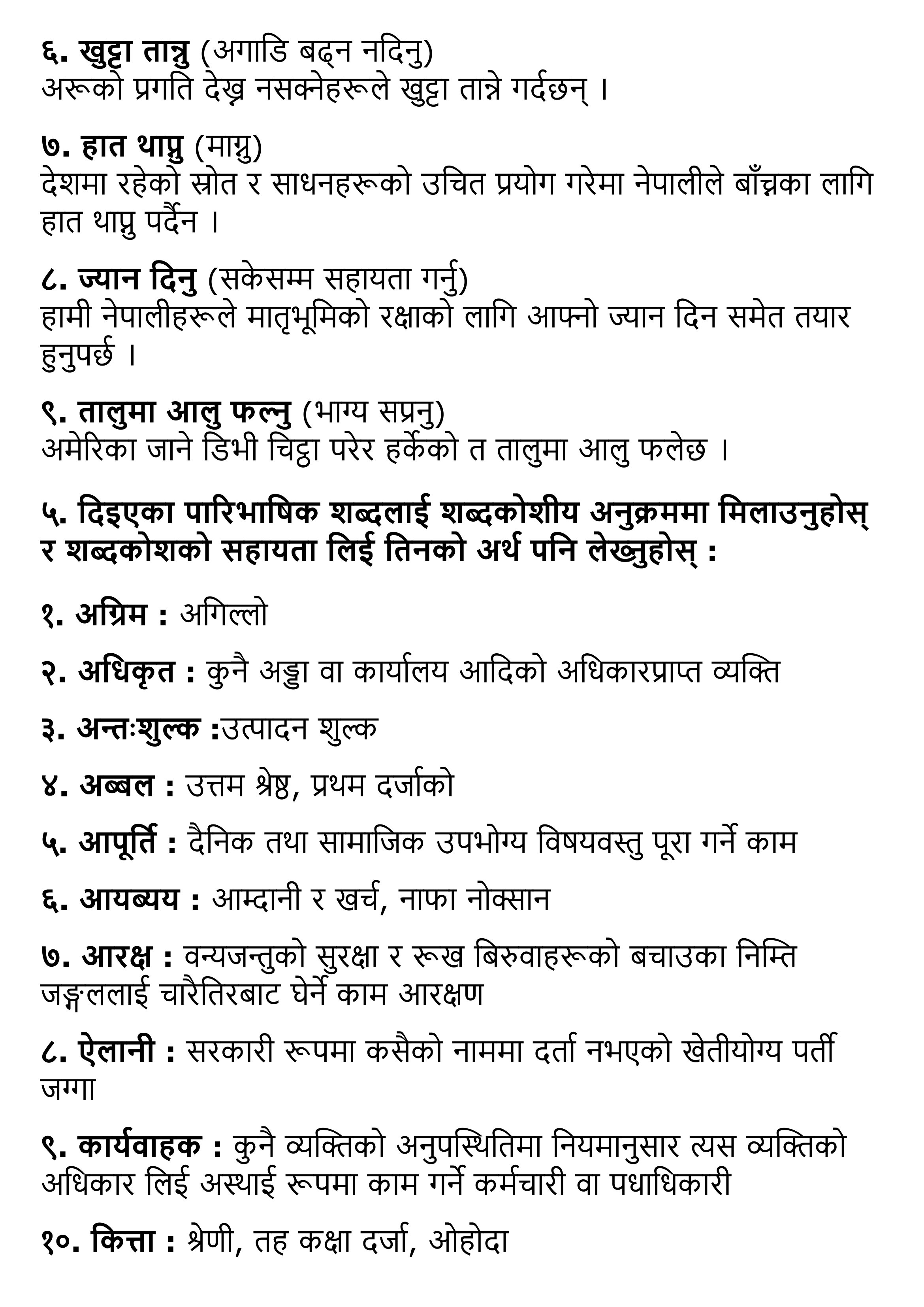
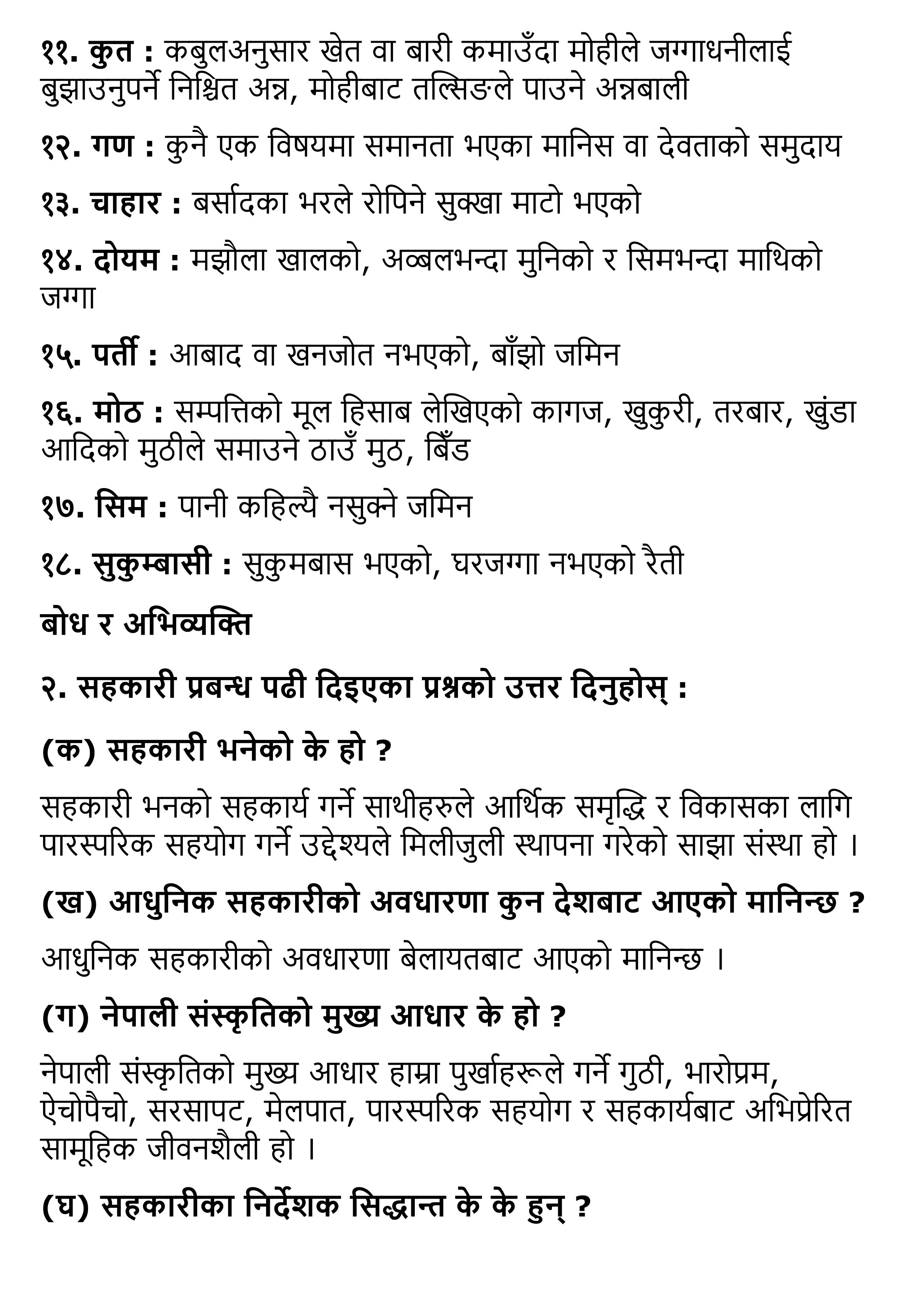
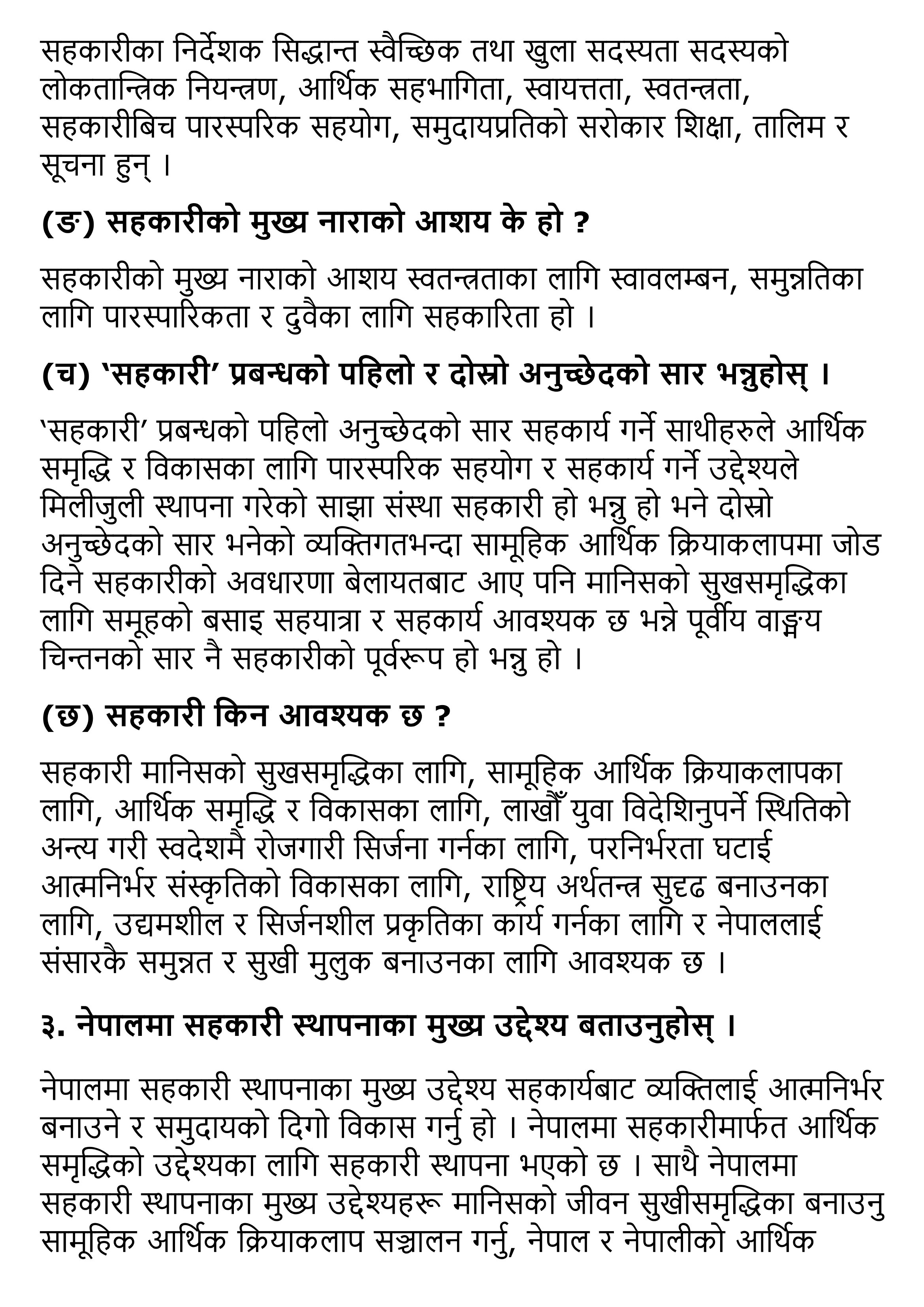
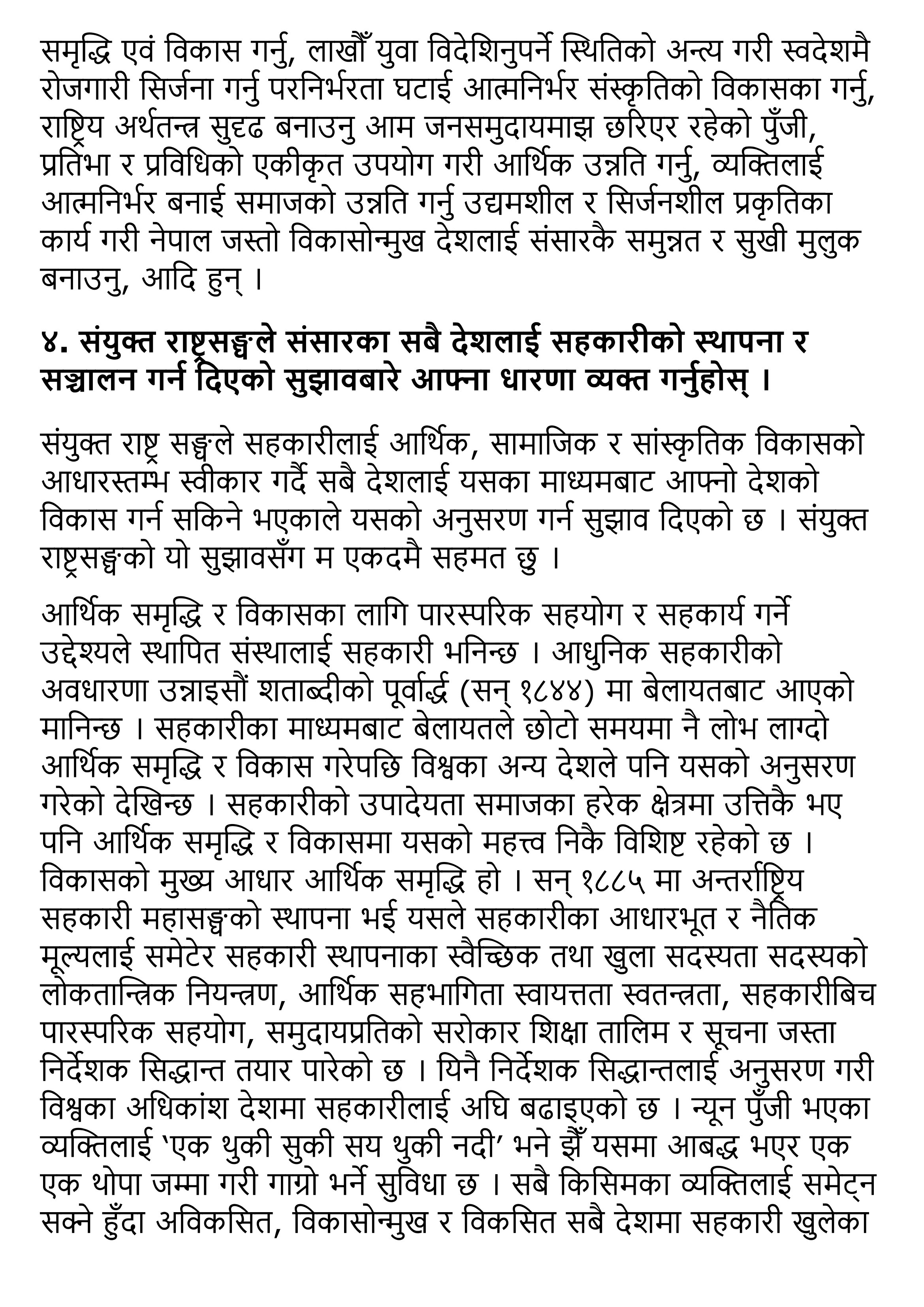
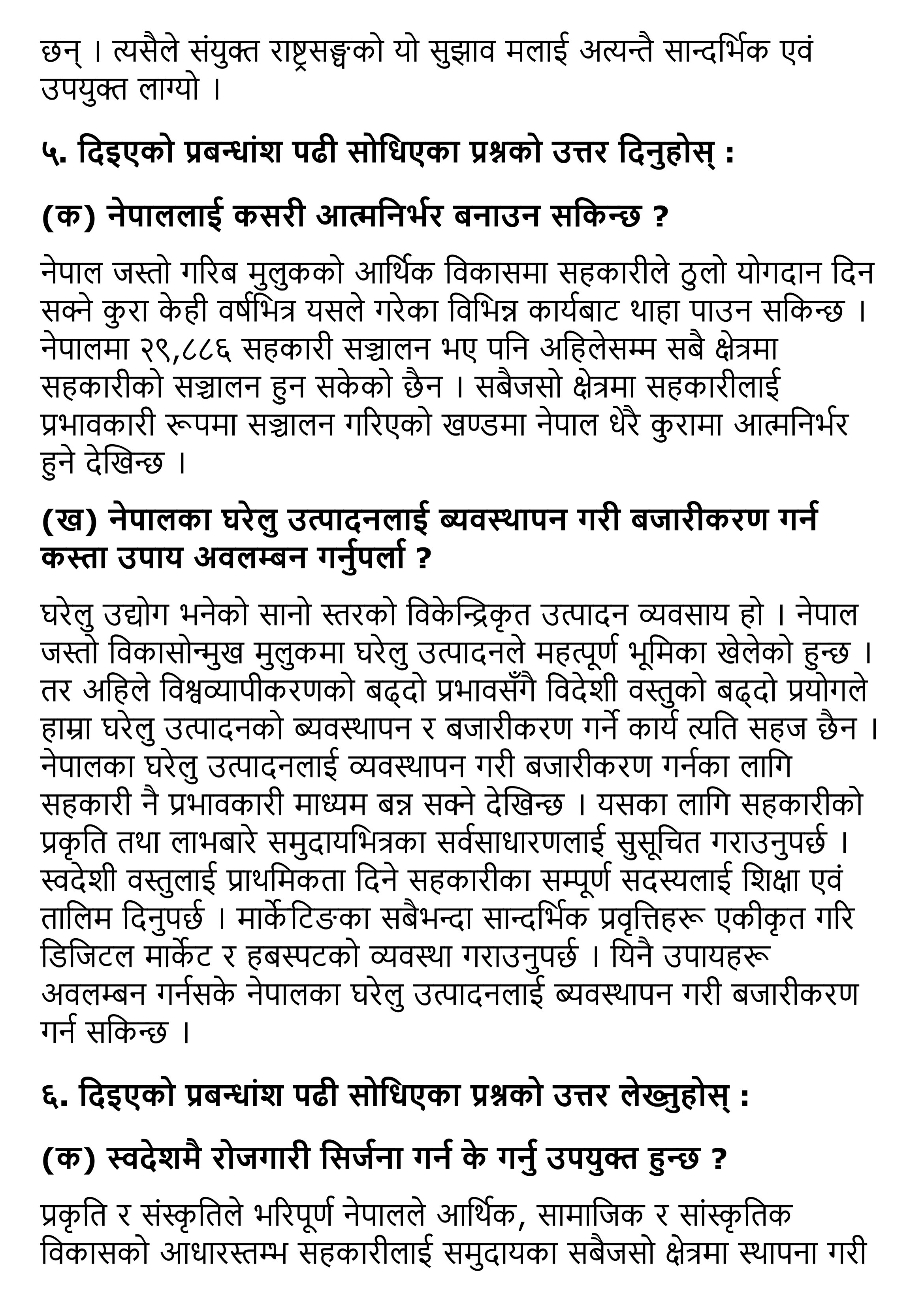
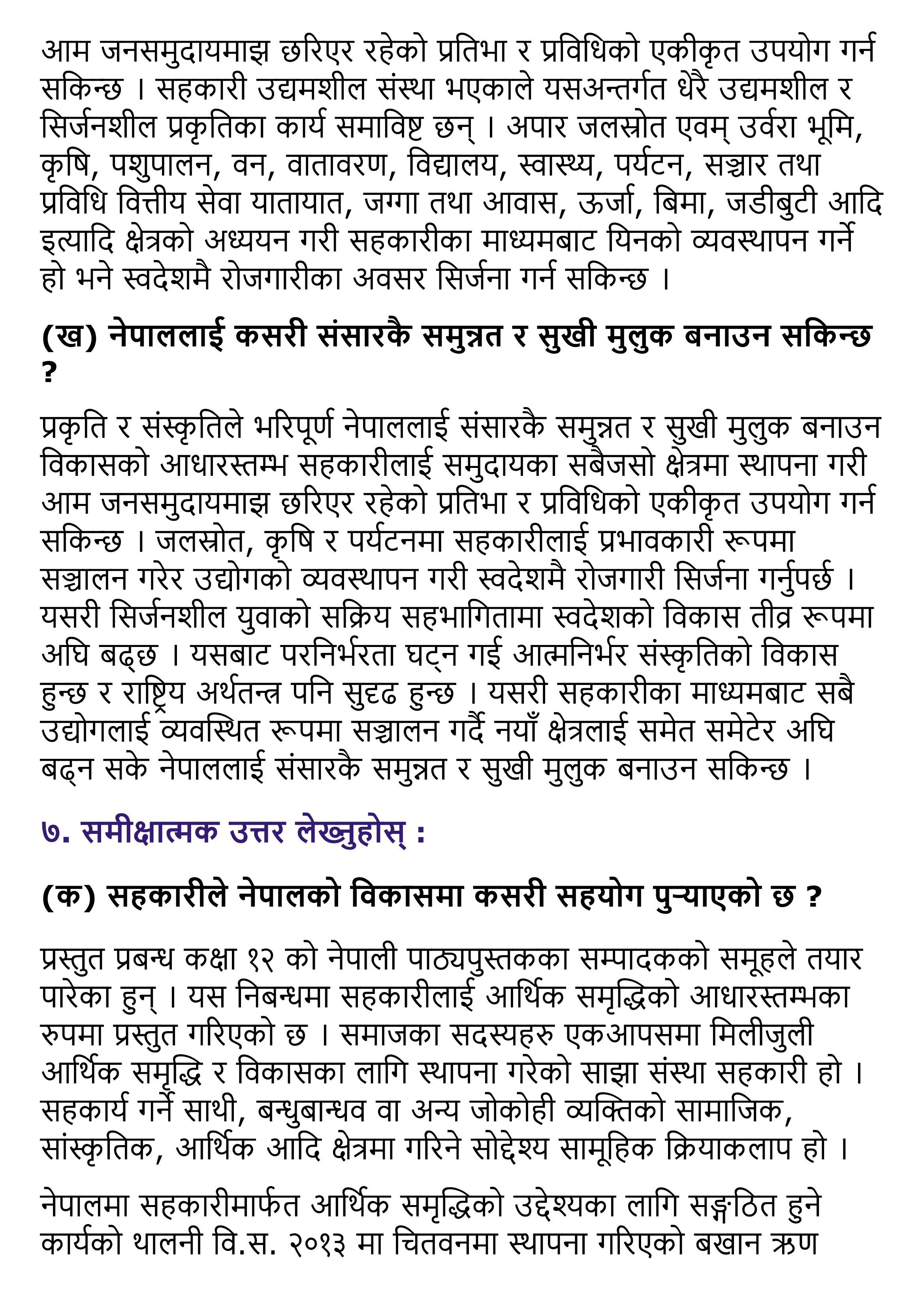
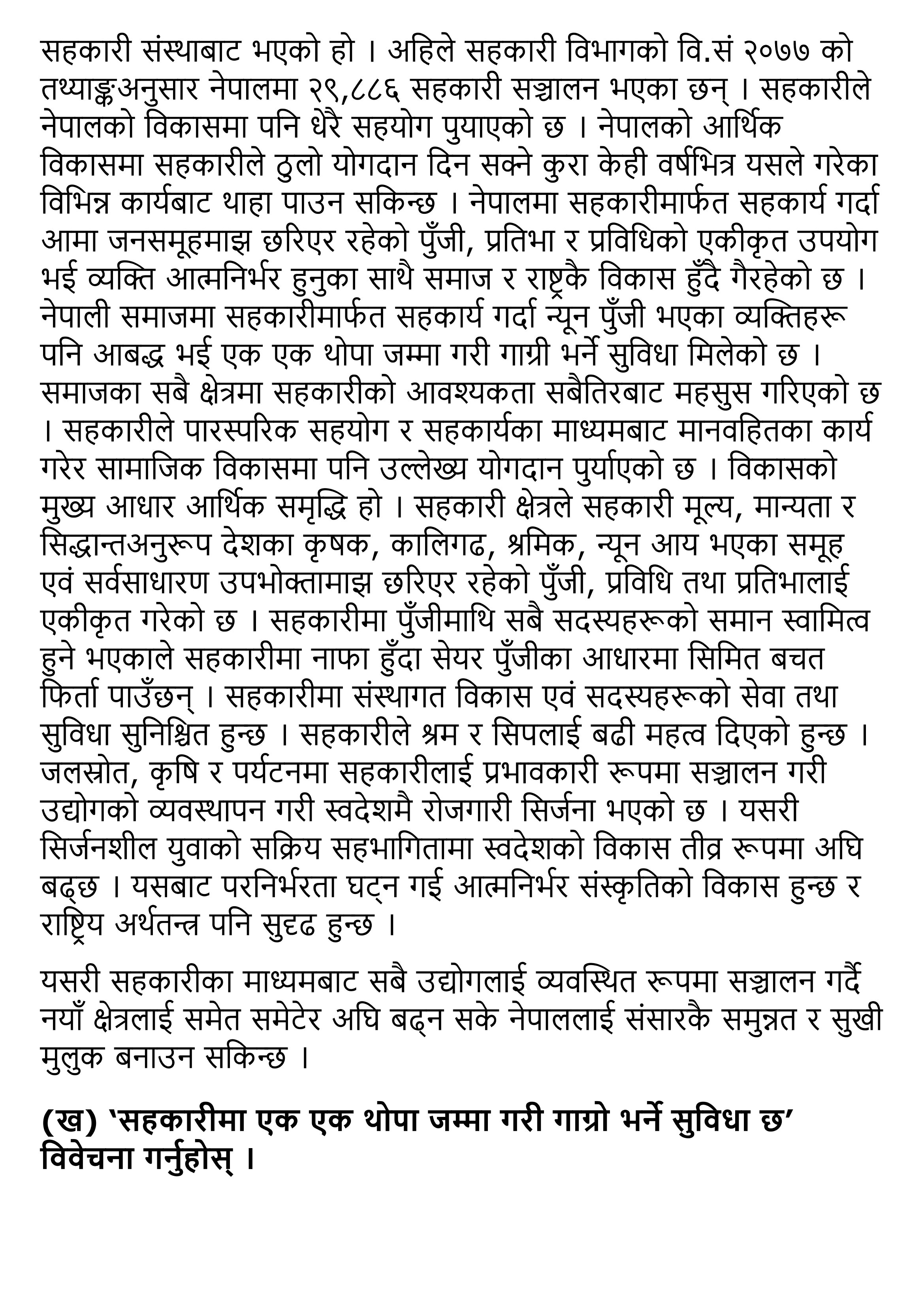
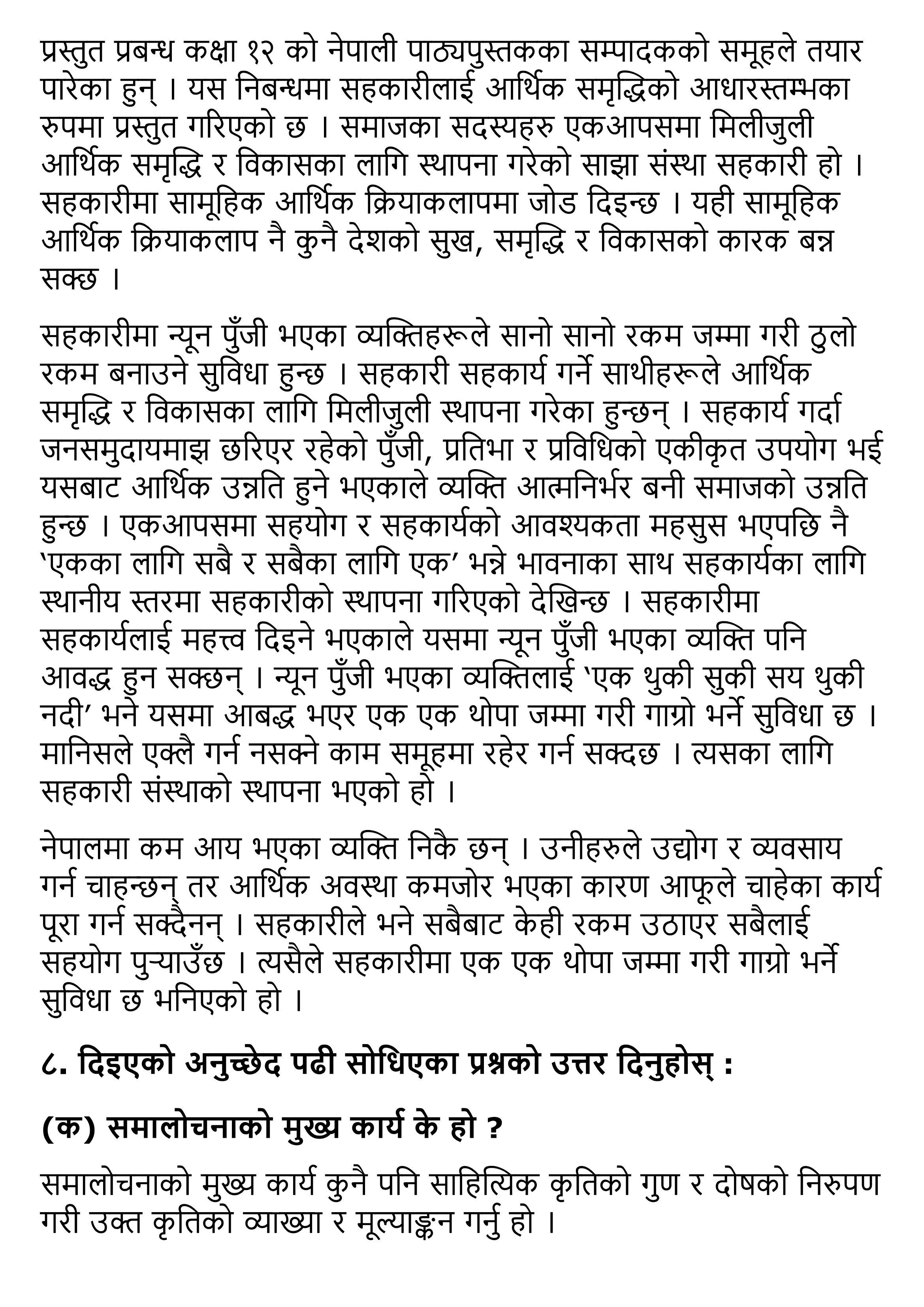
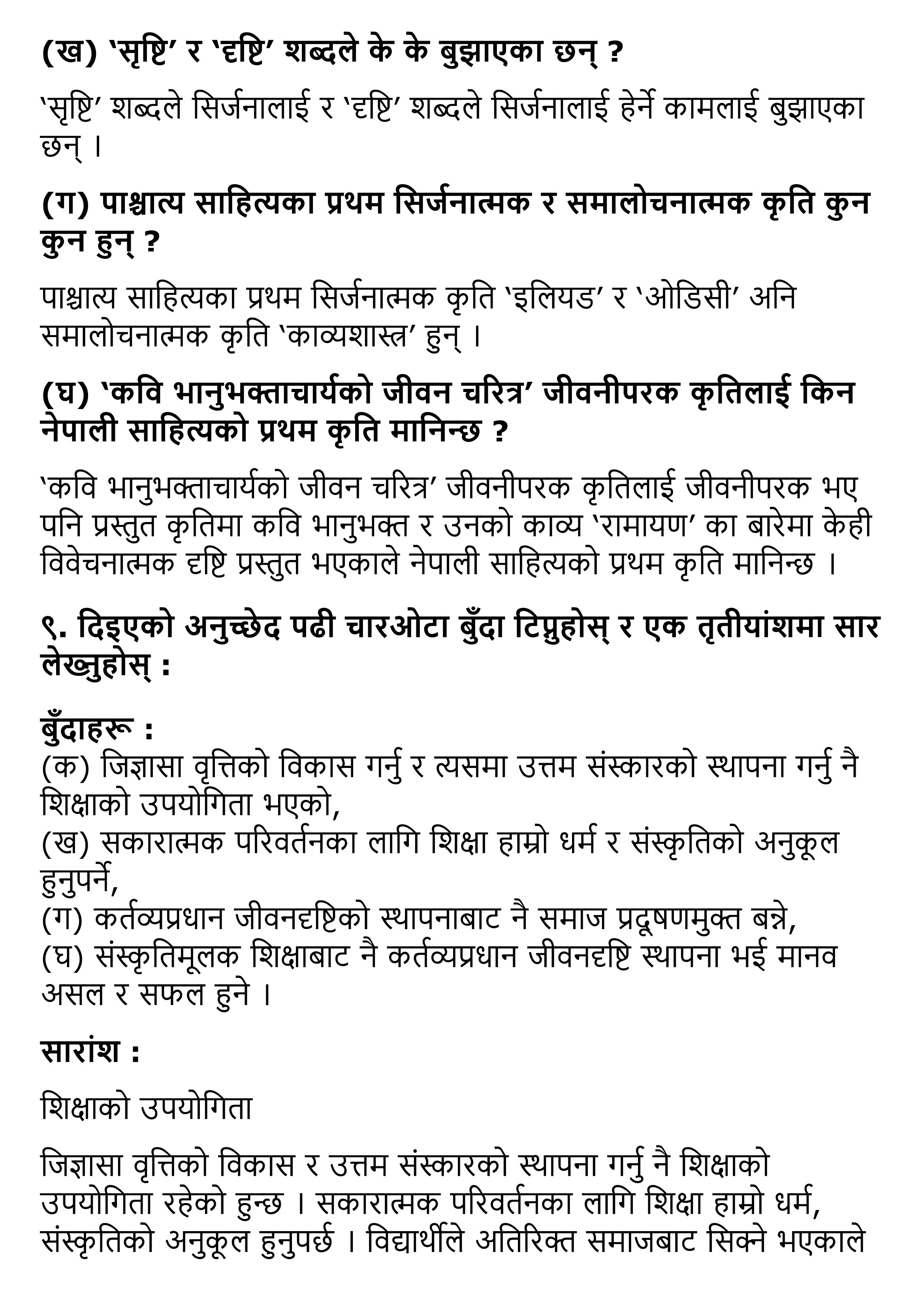
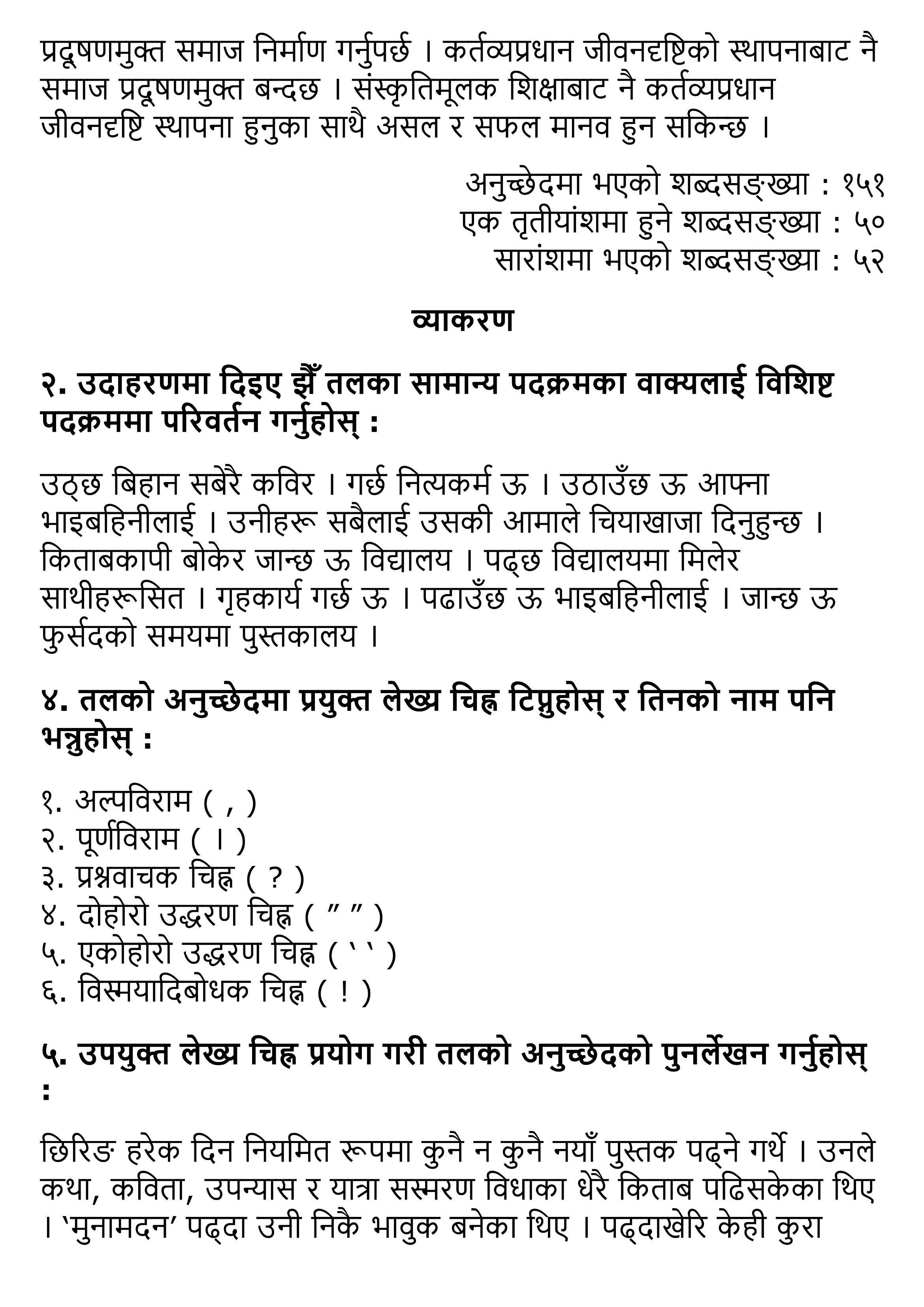
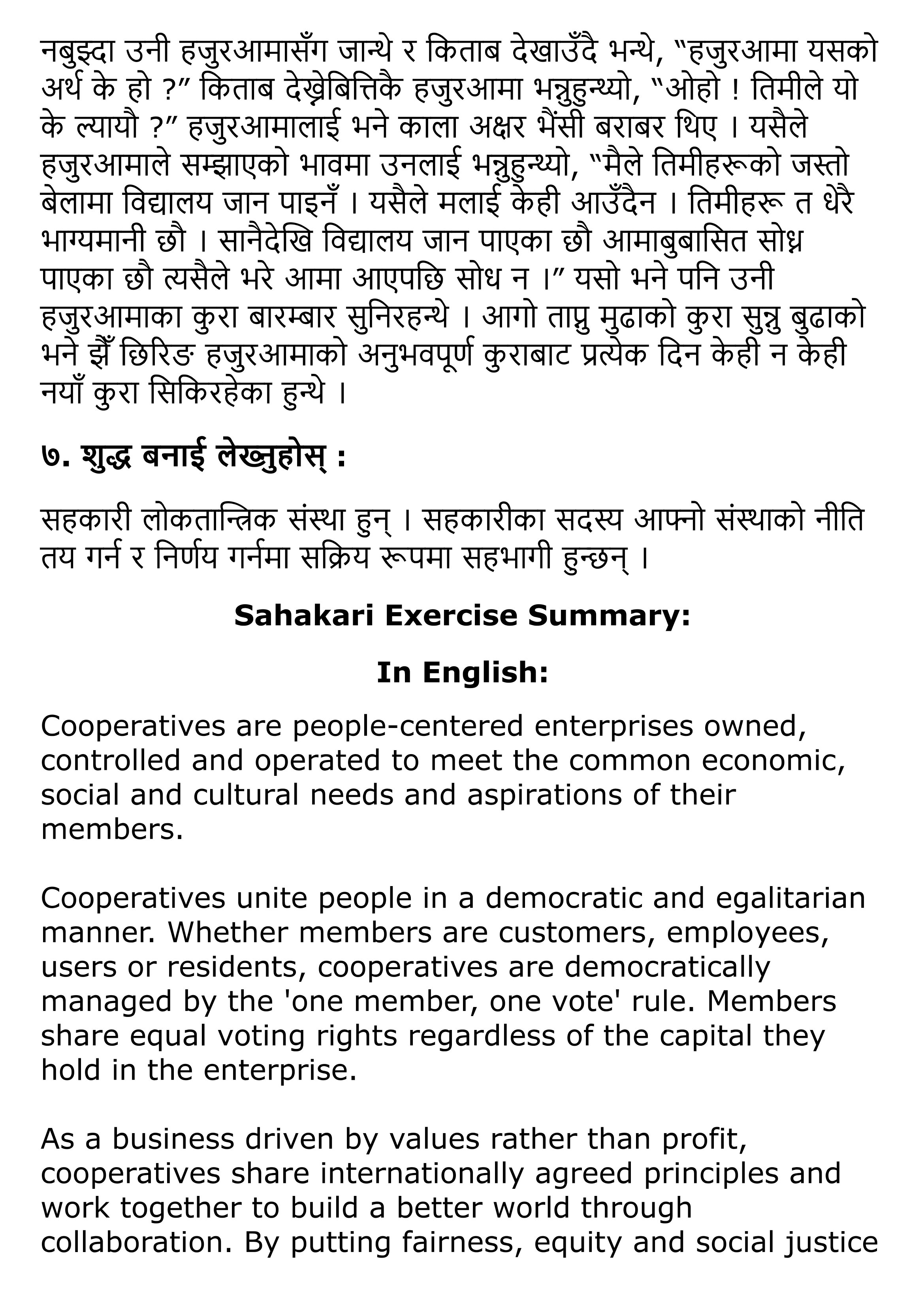
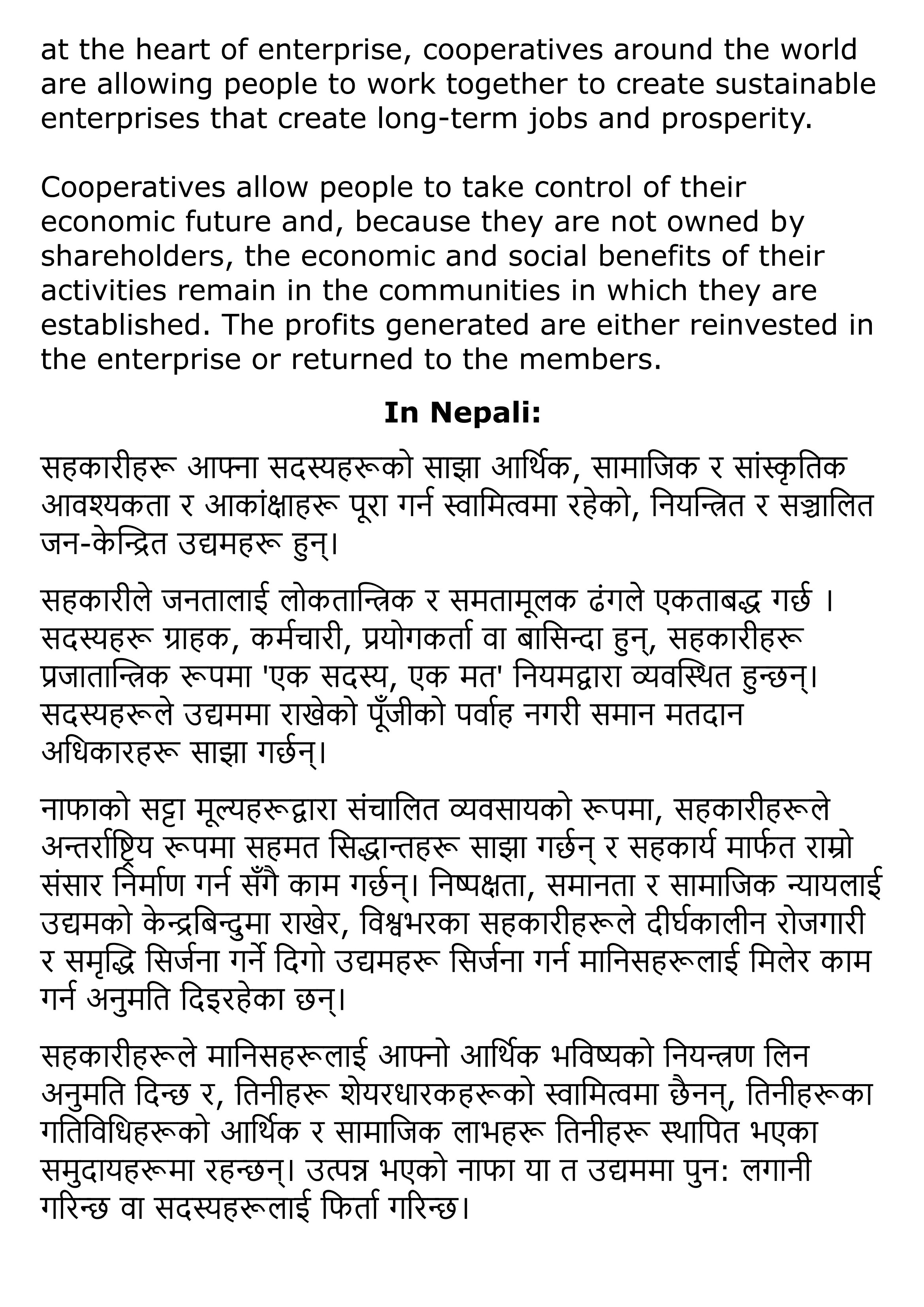
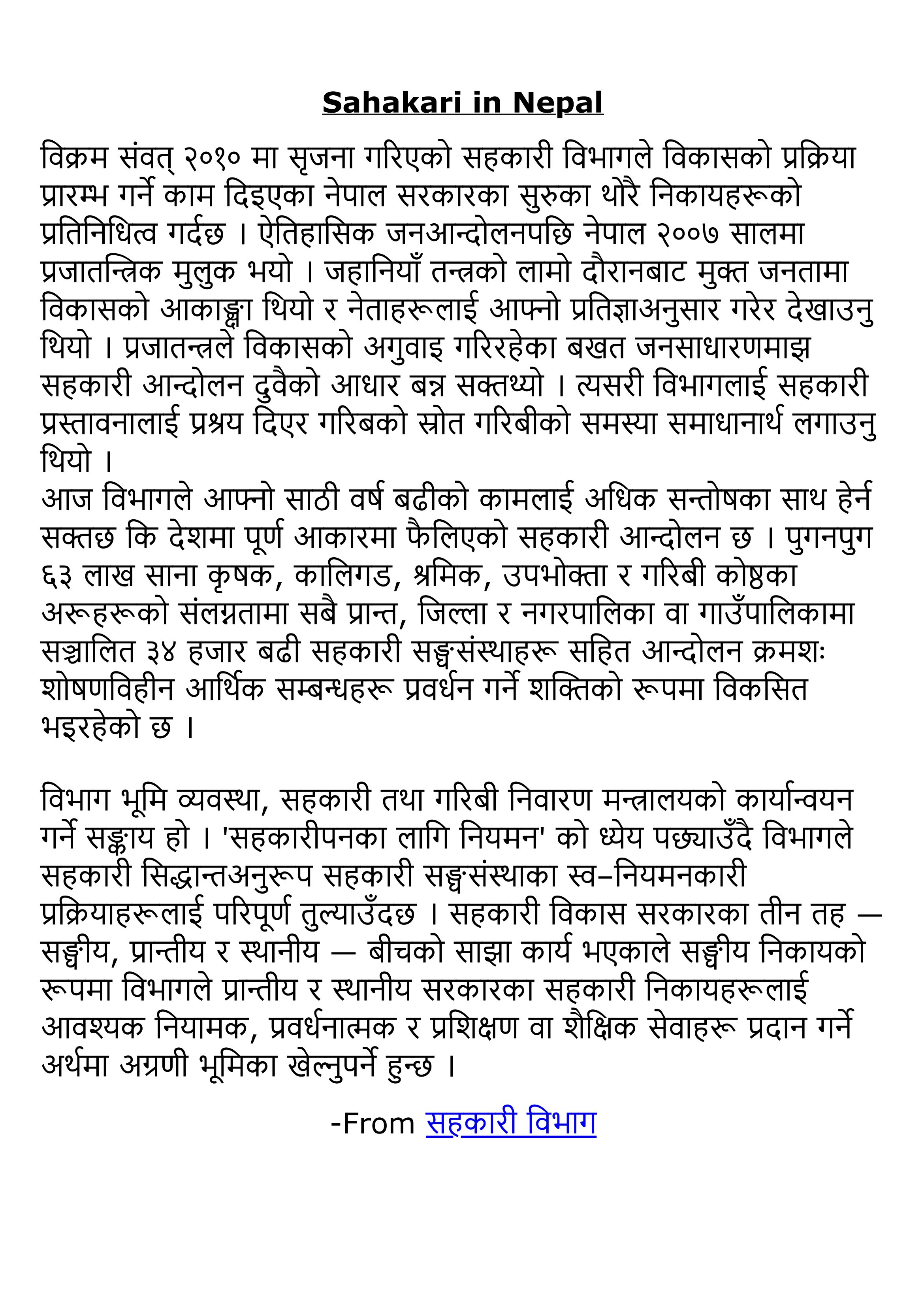
About Sahakari (in details)
The Department of Cooperatives, created in Bikram Samvat 2010, represents the first few agencies of the Government of Nepal tasked with initiating the development process. Nepal became a democratic country in 2007 after the historic people's movement. During the long period of the Jahaniha system, the free people had the desire for development and the leaders had to fulfill their promises. When democracy was leading the development, the cooperative movement among the masses could become the basis of both. In this way, the department was to use the resources of the poor to solve the problem of poverty by supporting the cooperative proposal. Today, the department can look back on its more than sixty years of work with more satisfaction that there is a full-scale co-operative movement in the country. With the involvement of up to 6.3 million small farmers, Kaligad, workers, consumers and others from the poverty bracket, the movement is gradually developing as a force to promote non-exploitative economic relations with more than 34 thousand cooperative organizations operating in all provinces, districts and municipalities or rural villages. The department is an implementing agency of the Ministry of Land Management, Cooperatives and Poverty Alleviation. Pursuing the goal of 'Regulation for Cooperatives', the department perfects the self-regulatory processes of cooperative organizations in accordance with cooperative principles. Since cooperative development is a shared function between the three tiers of government — federal, provincial and local — the department as a federal agency should play a leading role in providing necessary regulatory, promotional and training or educational services to the cooperative agencies of provincial and local governments.
Read more
Chapter 12: Jiban Marga Exercise
Chapter 10: Nepali Pahichan Exercisekeywords
- Sahakari Nepali Class 12 Exercise
- Nepali Chapter 11 Class 12 Exercise
- Sahakari Exercise
- Sahakari Class 12 Summary
- Class 12 Nepali
Other Chapter Notes
- Chapter 1: Aamako Sapana
- Chapter 2: Birahini Damayanti
- Chapter 3: Ghanaghasya ko ukalo katda
- Chapter 4: Byabasayik Patra
- Chapter 5: Ek chihan
- Chapter 6: Stephen William Hawking
- Chapter 7: Hamilai bolauchan Himchuli
- Chapter 8: Matritwo
- Chapter 9: Gorkhe
- Chapter 10: Nepali Pahichan
- Chapter 11: Sahakari
- Chapter 12: Jiban Marga
Frequently Asked Questions ( FAQs)
soon...

